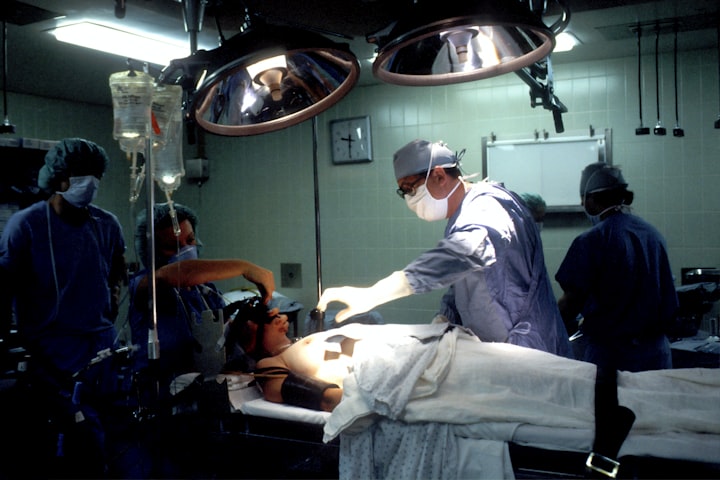The Placebo Effect.
Is the placebo effect real?

A placebo is a "physiologically inert substance or sham intervention (psychological, physical or mechanical) which produces beneficial effects independent of any direct therapeutic effects". The positive effects occur as a result of a patient's expectations rather than as a result of a causative ingredient. A placebo can be for example be a saline solution, sterile water, or sham surgery.
The Placebo effect is a psychobiological response that influences clinical outcomes. It refers to the positive outcomes that occur as a result of psychosocial factors and expectancies, rather than the intervention applied. It can occur when placebos are administered, but it can also enhance the effects of active interventions/substances.
The negative counterpart of the placebo effect is the nocebo effect. This refers to the adverse outcomes that occur as a result of patient expectations and subconscious learning.
Placebos have been in use since antiquity and may have been significant in improving health and quality of life when little was known about the aetiology of most illnesses. The emergence of placebo-controlled clinical trials in the 1940s reintroduced the placebo effect to the modern day. In the past, the placebo effect was only recognised when administering placebos (inactive treatment). Since these placebos were known to have no medical significance and was considered “fake”, any improvements in clinical outcomes could be attributed to the placebo effect. This has been very important in clinical trials in order to discern whether observed improvements can be attributed to a specific intervention.
Over the past 30 years, there has been an increase in research on the placebo effect using a neuroscientific approach, with an interest in the identification of several biological mechanisms of the placebo. An important contribution of neuroscience has been to highlight the important role of psychobiological factors in therapeutic outcomes, be they drug-related or not.
Through research it became clear that the placebo effect is influenced by various factors and that any treatment (real or fake) can be modulated by it. The expectations of the patient play a large part here, with a higher belief in the treatment enhancing the beneficial response. Placebo effects also occur when placebos are given after active medications, resulting in dose-extending effects. There has also been increasing awareness that various psychosocial factors (words, context, beliefs, communication etc.) influence the placebo effect and can thus be harnessed to enhance the treatment effects of non-placebo interventions.
Many authors have argued that the term "Meaning response" should rather be used to refer to any treatment effects that occur as a result of the meaning attached to it (i.e. expectations and beliefs). This term then encompasses both positive and negative (placebo and nocebo) effects that can occur as a result of expectations and subconscious learning.
Two theories have been proposed to explain the placebo effect:
1. Conditioning theory: that the placebo effect is a conditioned response.
2. Mentalistic theory: sees the patient's expectation as the primary cause of the placebo effect
The current understanding it that both these theories are at place, and that genetics also plays a role. It remains to be fully understood how conditioning and expectation are able to activate memory loops in the brain that reproduce the expected biological responses.
When someone expects a treatment to be beneficial, various neurobiological systems are activated.
1. Descending pain-modulation: Endogenous opioid system and endocannabinoid system.
2. Cortical centres that reduce anxiety: mainly the amygdala an its functional network.
3. Reward mechanisms: Mainly the dopaminergic system.
It is interesting to note, that when participants in clinical trials are told that the treatment they receive is a placebo, beneficial effects are still observed. This indicates that the placebo effect is not only influenced by conscious expectancies, but also by subconscious learning and conditioning.






Comments (4)
Brillant!
Very informative
It's great..
Interesting stuff